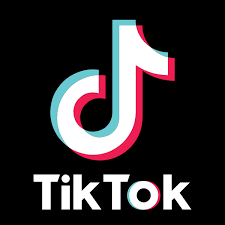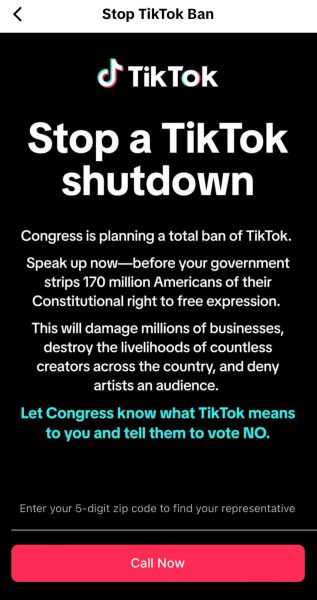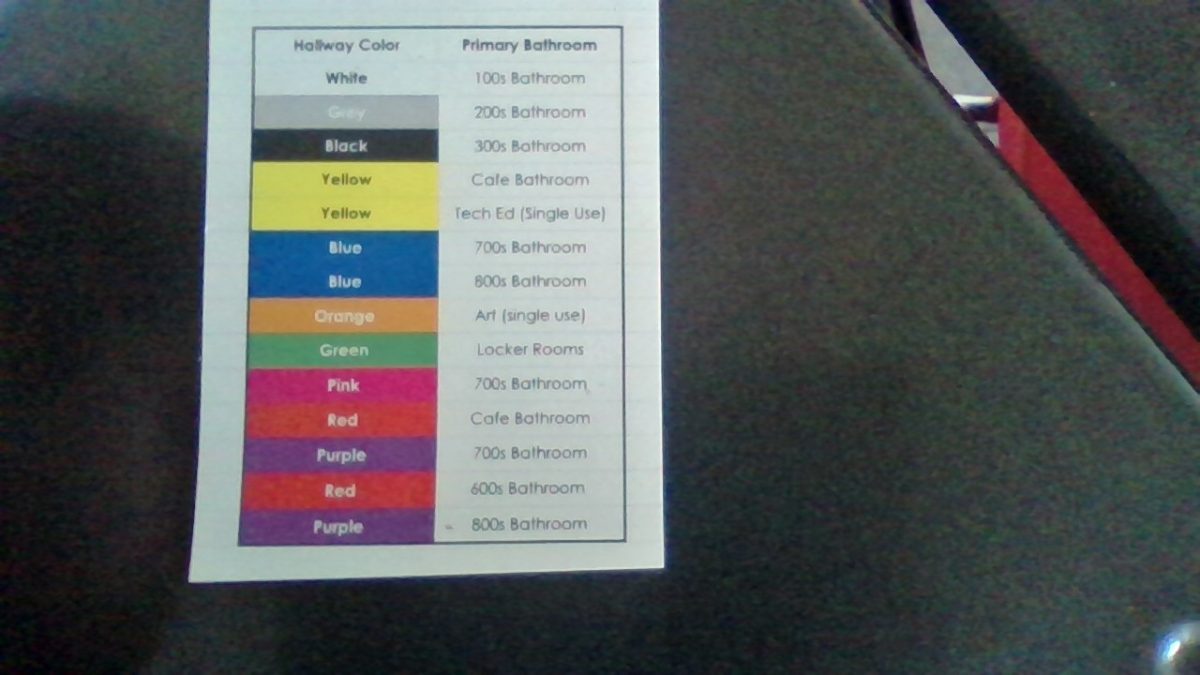
TikTok, the video creating and sharing social media app which saw international release in September 2017, has long been the topic of multiple controversies. Whether it was the mental health effects on young teens, fueling the spread of misinformation, or most importantly for the Bill, it’s Chinese parent company ByteDance, the app has seen it’s fair share of criticism over its rise within the last few years.
The proposed bill would prevent entities (e.g. any application downloading software) from allowing U.S. foreign adversary owned apps to be maintained or downloaded from their software. The bill forces the Chinese parent company to either completely separate itself from TikTok or lose a huge market in its almost 150 million U.S. users (170 million according to a statement by TikTok). Simply put the bill would effectively ban TikTok from anyone in the U.S.
With the election coming soon many assumed passing the bill would be very difficult, and while this is true to an extent the bill is seeing support from many politicians in both of the major political parties.
Democratic Senator Richard Blumenthal suggested in a letter to Treasury Secretary and CFIUS Chair Janet Yellen that we should “impose strict structural restrictions between TikTok’s American operations and its Chinese parent company, ByteDance, including potentially separating the companies.”
Republican Senator John Coryn also showed concerns that ByteDance may be stealing United Sates data which he expressed in a talk with Shou Zi Chew in a video posted on his Youtube channel.
President Joe Biden told a reporter in a video he would allow the bill to be passed into law if it makes it through congress.

The American Civil Liberties Union has warned that the passing of this bill could stifle people’s free speech, citing a case in Montana where on November 30th, 2023 a judge prevented the state’s ban of TikTok via preliminary injunction stating it would would violate Montanans’ free speech rights.
TikTok also sent a notification to all its users telling them to “tell them (congress) to vote NO.” This led to users calling in to congress for multiple days with up to 20 calls per minute at times. Congressman Raja Krishnamoorthi stated in a tweet that the notification was a “massive propaganda campaign.”
TikTok has done similar things in the past in a video posted to TikTok’s official TikTok account where TikTok CEO Shou Zi Chew thanked people for 150 million users before his hearing with the House Of Representatives and encouraged the users to “sound off” in the comments of the video.
The bill is currently being discussed within the Senate, and while many think the bill will pass, if the legislation is passed TikTok will have 180 days after the date of the bill’s passing to comply.




















Olivia Deblasio • May 15, 2024 at 10:09 am
TikTok is brainrot holy -Olivia Deblasio